The implementation of artificial intelligence (AI) technologies is set to diversify the workplace by enhancing productivity for some workers while potentially replacing others. According to a White House report by the Council of Economic Advisors, 20% of American workers are in roles highly susceptible to AI disruptions. This phenomenon poses a greater threat to lower-income workers lacking a college degree.
The future of AI remains uncertain, yet certain trends are crystallizing: (1) AI will likely alter millions of jobs in the foreseeable future. (2) It is expected to boost productivity for some workers. (3) It could result in job displacement for others. The critical question remains: Which jobs and how many workers will experience these positive or negative impacts?
The report explains that not all of the 20% of Americans in “high exposure” jobs will be replaced by AI. Instead, AI could affect specific tasks within a job while leaving others intact, potentially leading to positive outcomes such as increased productivity, reduced mundane tasks, higher wages, and possibly even a shorter workweek. Conversely, some might face greater job competition, decreased wages, or direct replacement by AI.
High-risk jobs, as identified in the report, are those with both high AI exposure and lower “performance requirements” — tasks that are simpler and more automatable. Ten percent of US workers fit these criteria, primarily lower-income individuals without a college degree.
The council’s findings suggest that AI is a “skill-biased” technology that favors highly educated, high-earning workers, potentially exacerbating income inequality. Workers with a bachelor’s degree, though heavily exposed to AI, are less likely to be in roles vulnerable to automation compared to those with less education.
Gender dynamics also play a role, with 20% of women and 19% of men in highly AI-exposed jobs, but women are slightly more likely to be in the highest-risk category.
The reality of AI’s impact is complex and will not neatly categorize workers into those who benefit or suffer. For example, AI advancements might transform a job rather than eliminate it, as illustrated by a hypothetical scenario where a self-driving school bus still requires adult supervision, thus altering but not removing the bus driver’s role.
Historically, major economic shifts have had mixed impacts. China’s emergence as a global power in trade brought with it cheap products for U.S. consumers, though it also resulted in job losses, reflecting a contentious balance between overall gains and individual hardships. How the outcome of the AI revolution will turn out, and whether it will ultimately be beneficial, seems to depend largely on efforts to retrain displaced workers—an area where the U.S. has repeatedly failed.
References:
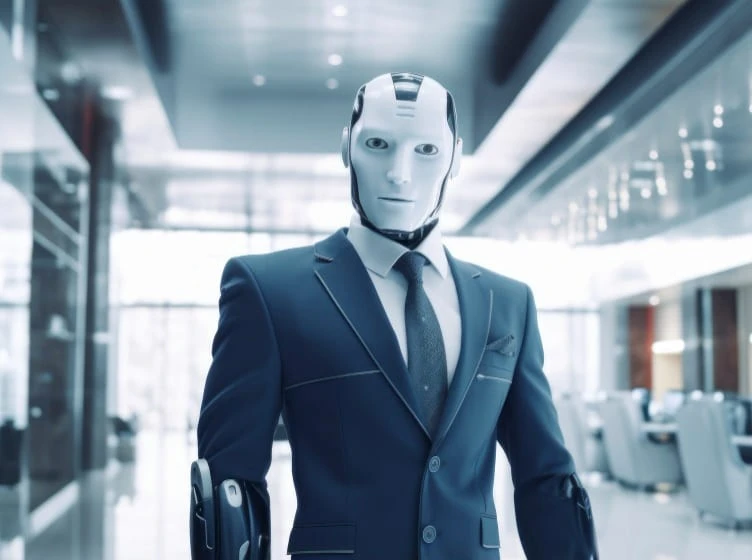
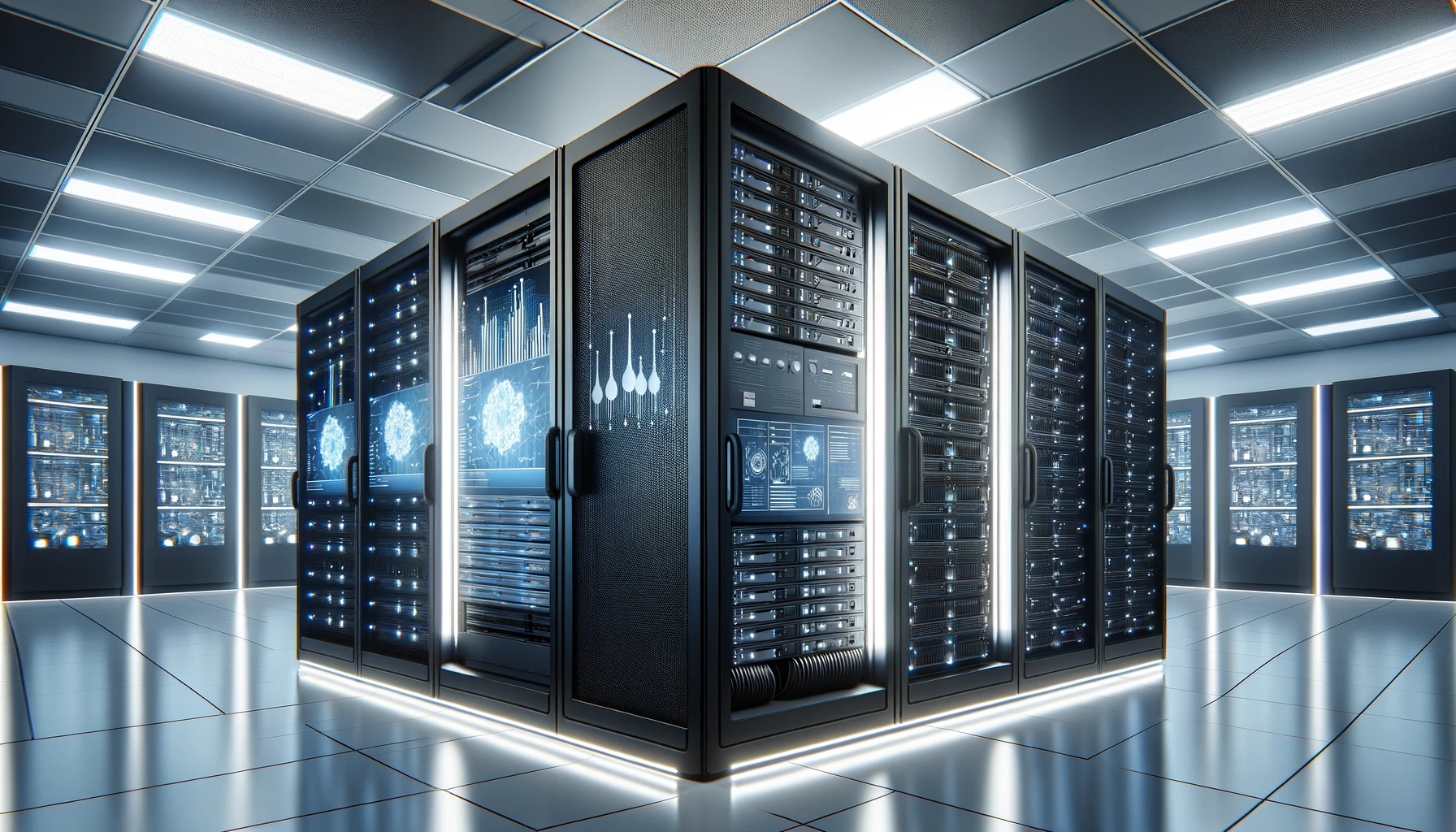
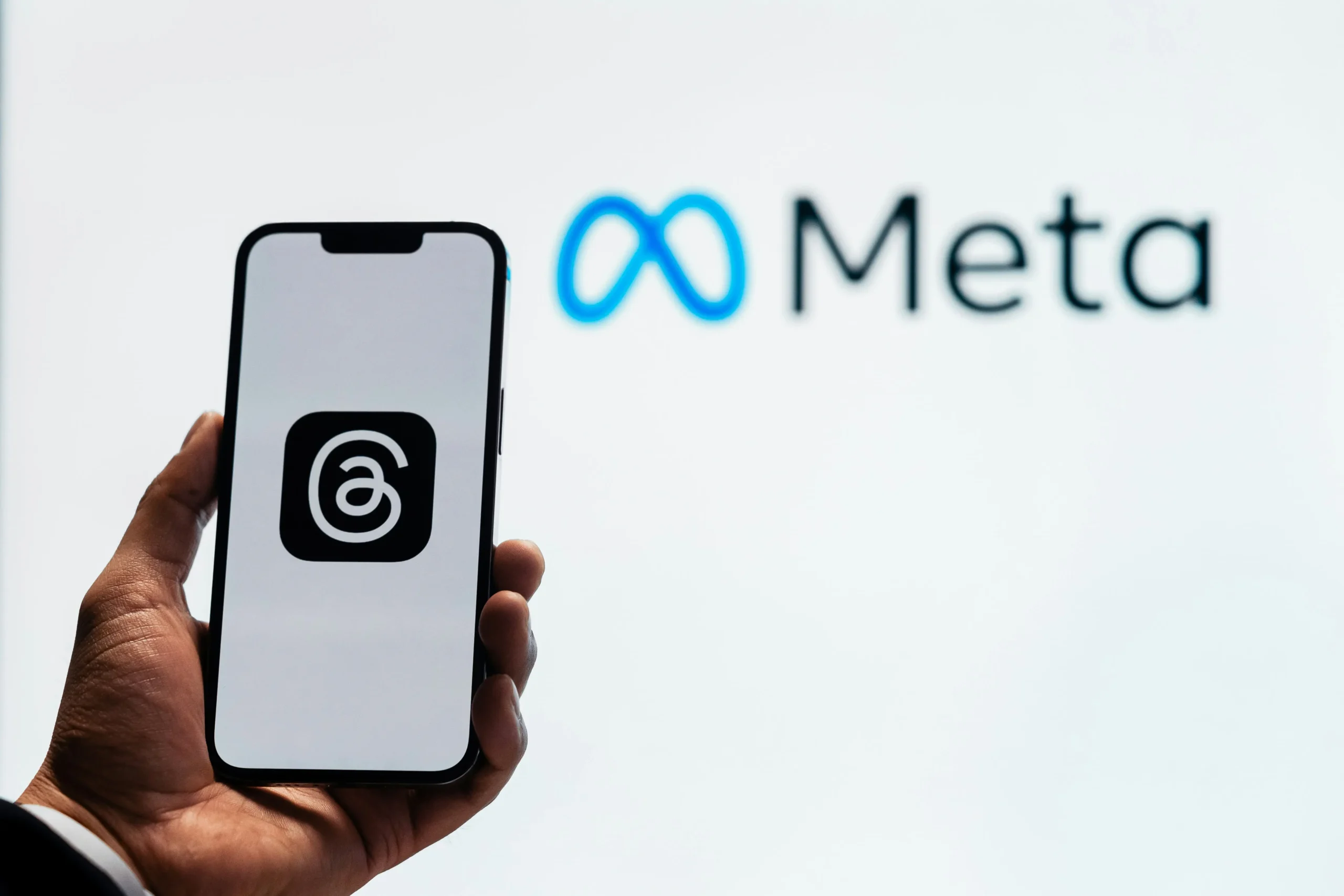
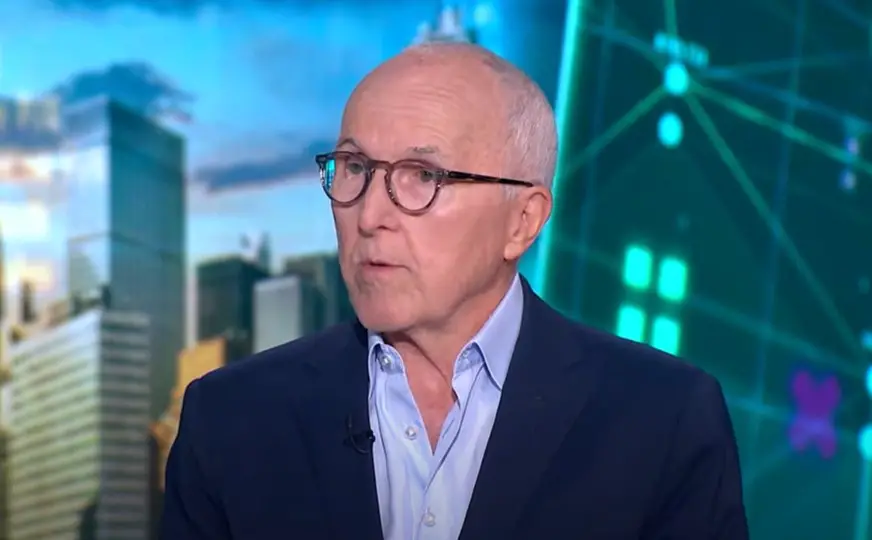
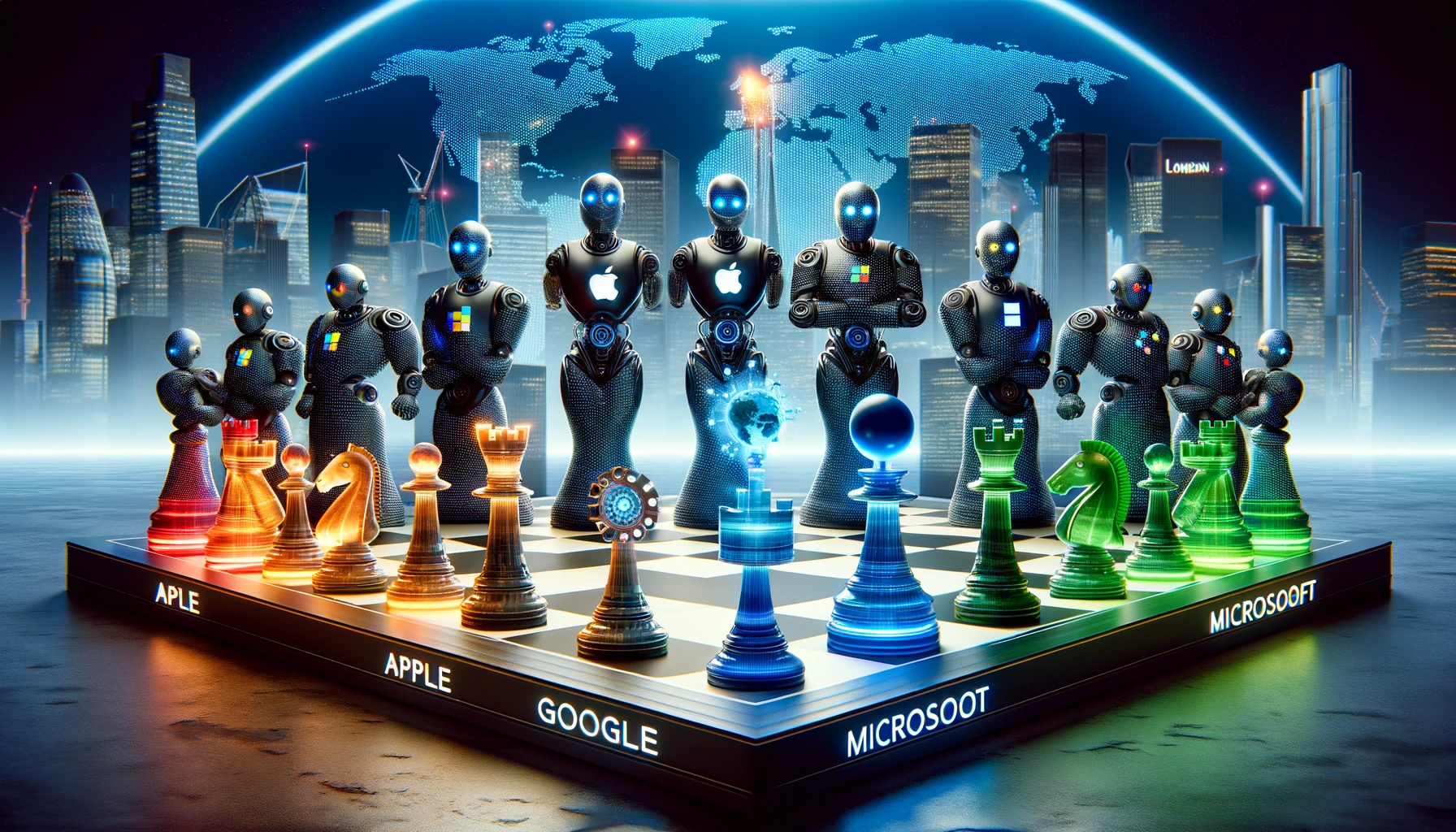


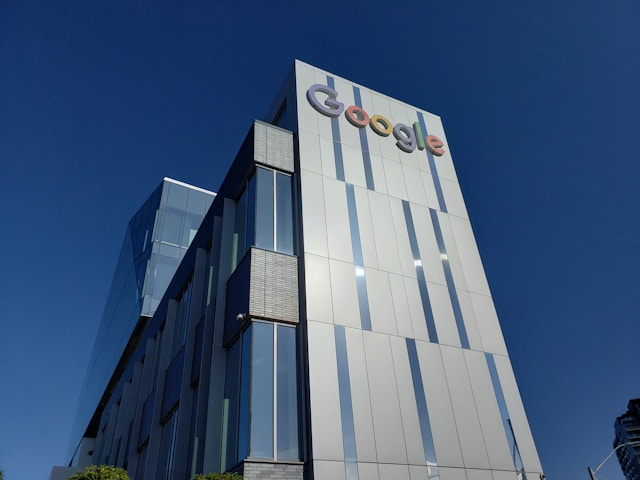

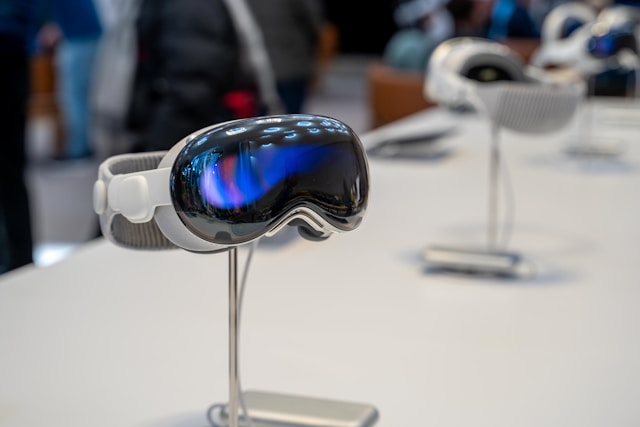
Leave a Reply